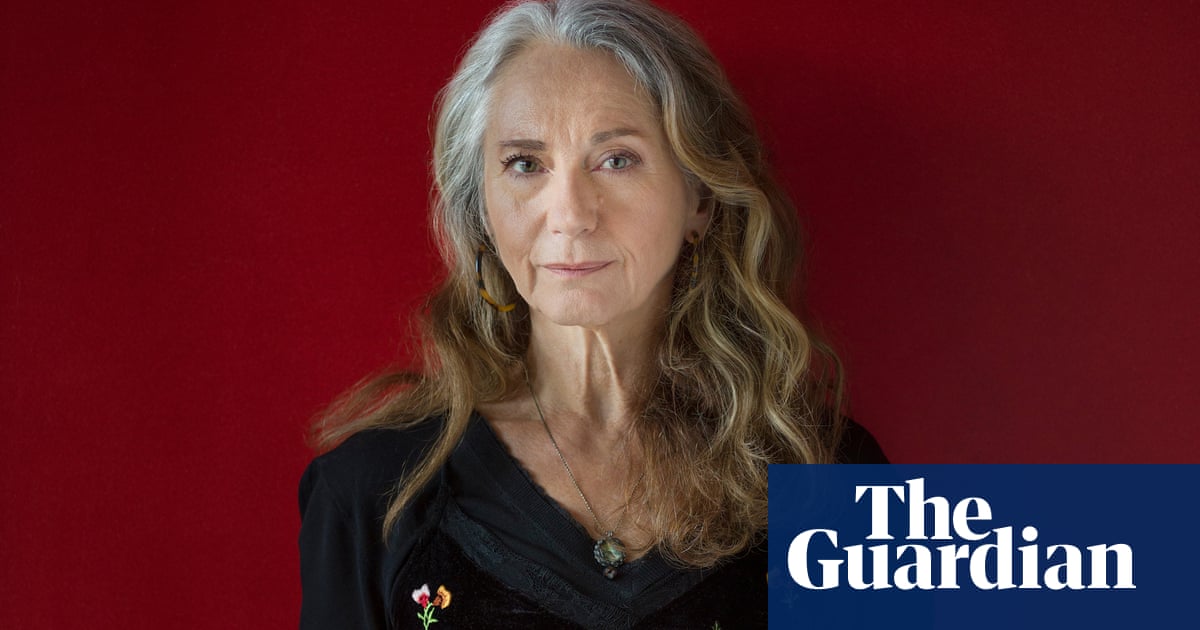What would writers do without problematic patriarchs? From King Lear toLogan Roy, they are the linchpins of countless family dramas: adored fathers who dominate and damage their children in equal measure.
The new novel from Rachel Joyce, bestselling author ofThe Unlikely Pilgrimage of Harold Fry,Miss Benson’s Beetleand others, revolves around one such man: Vic Kemp, a successful artist with four grown-up children. Vic is a widower who raised his offspring alone, and the story begins with him summoning them to a noodle bar to announce that he’s in love with a twentysomething called Bella-Mae he met online. He’s also the proud owner of a goatee, a surefire sign of an identity crisis. The offspring are aghast. “If he’s so lonely, he could get a cat,” says one.
Worse is to come. Before his children can meet her, septuagenarian Vic and “soulmate” Bella-Mae have left for Italy, where they have a quickie wedding and set up home in Vic’s secluded lakeside villa. The siblings are still reeling from this bombshell when they hear that their newlywed father has died suddenly in strange circumstances. Distraught and disbelieving, they descend on the villa hoping for answers and, amid the ensuing confrontations and revelations, the family begins to fall apart.
The Homemade God moves between being a page-turning mystery and an astute study of family dynamics, and readers who like a book to pick a lane and stay in it may find this frustrating. But Joyce is a thoughtful writer, and the narrative gear-changes echo the novel’s concerns: the gap between image and reality, the difference between who we are believed to be – by ourselves and others – and who we really are. (The enigmatic Bella-Mae is rumoured to be an “influencer”, that most illusory of occupations.)
These themes are made manifest in Vic: a self-made man wealthy enough to buy a dreamy Italian villa that is “the kind of house where a famous artist might live”, but insecure about his success, because “everything he knew about art he learned through copying”. Vic paints from photographs, creating Jack Vettriano-ish images that are popular as posters and greetings cards, but dismissed by critics. One of the mysteries his children hope to solve is the whereabouts of a missing painting Vic was working on before he died – a late masterpiece that might yet prove the sniffy critics wrong.
Joyce gradually reveals how Vic’s children have been shaped by their father’s frustrated ambitions, how the hole at the centre of his life has become the hole at the centre of theirs. The eldest, Netta, has served as pseudo-parent to her siblings while her father was busy with his art (and his boozing and his womanising), while second-born Susan was a pseudo-trad wife, cooking and cleaning for him. Gustav or “Goose”, the only son and a sensitive soul, prefers to hide in the shadows of Vic’s studio, preparing his canvases, while Iris, the youngest, has the dubious privilege of being asked to model for a father who paints “semi-erotic” images. Like many children of neglectful parents, the quartet have formed an uneasy gang, united against the world, but somehow frozen in the roles they adopted as young children, until the shock waves from Vic’s death blow them apart.
This is what Joyce does best: untangle family ties. She reveals how a family is built on a fragile collective agreement about what that family is: an ongoing collusion. The Kemp children have agreed that Daddy is a great artist, and have distorted themselves to accommodate this idea. Iris, when hugged by Vic, folds her body into his “to make the smallest possible gift of herself”.
Joyce is also exceptionally good at blending the big stuff of life with the small, showing how losing a parent is a surreal mix of gut-wrenching horror and banal admin, interspersed with hysteria and binge-drinking. Susan, being fussed over after Vic’s death, observes that “grief makes an invalid of you and at the same time a kind of celebrity”. The close focus on the siblings can sometimes mean their respective partners and other secondary characters are less clearly seen, but this is a minor quibble in an otherwise sharp, absorbing and emotionally intelligent novel.
Sign up toBookmarks
Discover new books and learn more about your favourite authors with our expert reviews, interviews and news stories. Literary delights delivered direct to you
after newsletter promotion
The Homemade God by Rachel Joyce is published by Transworld (£20). To support the Guardian and Observer order your copy atguardianbookshop.com. Delivery charges may apply.
